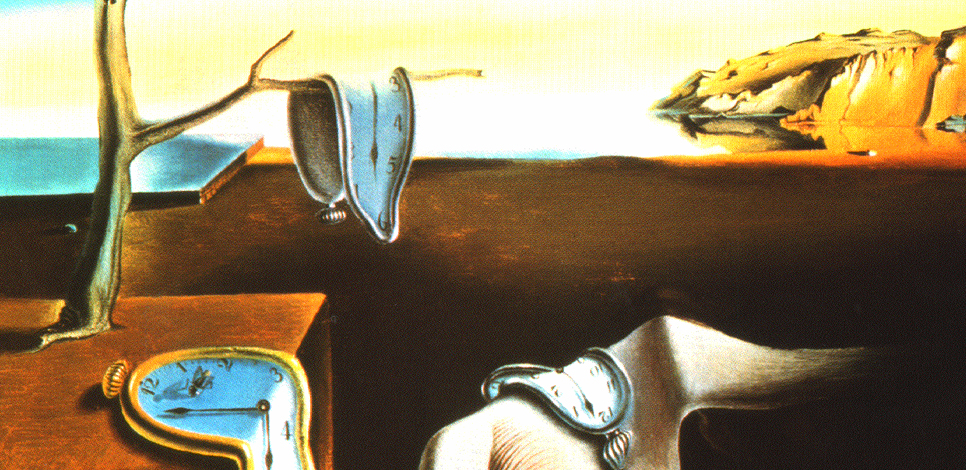Salvador Dalí, the renowned surrealist artist, is perhaps best known for his eccentricities and his ability to evoke the strange and the surreal in his artworks. However, could there be more to Dalí’s beliefs than meets the eye? Could he have been a libertarian, a proponent of individual liberty and limited government intervention in personal and economic affairs?
To understand whether Dalí could have been a libertarian, it’s essential to examine both his personal beliefs and the themes present in his art.

Firstly, Dalí was known for his strong individualism and disdain for conformity. He often expressed his belief in the importance of individuality and the freedom of expression. This aligns with libertarian ideals, which emphasize the sovereignty of the individual and the importance of personal freedom.
Additionally, Dalí was critical of authoritarian regimes, particularly during his time in Europe in the early to mid-20th century. He fled Spain during the Spanish Civil War and later distanced himself from the Surrealist movement due to its Marxist leanings. His rejection of both fascism and communism suggests a skepticism towards centralized control and a preference for decentralized decision-making—a sentiment shared by many libertarians.
Furthermore, Dalí’s art frequently explores themes of freedom, imagination, and the subconscious. His surrealistic landscapes and dreamlike imagery often depict worlds where traditional rules and structures are subverted or non-existent. This can be interpreted as a celebration of individual creativity and a rejection of societal norms—a sentiment that resonates with libertarianism’s emphasis on non-conformity and self-expression.
However, it’s important to note that Dalí’s personal beliefs were often complex and contradictory. While he championed individualism and freedom in many aspects of his life and work, he also had a penchant for attention and controversy. He famously proclaimed himself to be both an anarchist and a monarchist, seemingly embracing conflicting ideologies for shock value or personal amusement.
Additionally, Dalí’s lavish lifestyle and appreciation for grandeur may seem at odds with the austere values often associated with libertarianism. His close association with wealthy patrons and his willingness to collaborate with commercial enterprises suggest a pragmatic approach to economics rather than a strict adherence to free-market principles.
In conclusion, while Salvador Dalí exhibited traits and beliefs that align with certain aspects of libertarian philosophy—such as individualism, skepticism of authority, and a celebration of personal freedom—it is difficult to definitively classify him as a libertarian. His worldview was multifaceted and often contradictory, and he was as much a provocateur and showman as he was an artist and thinker. However, his legacy continues to inspire discussions about the nature of freedom, creativity, and the role of the individual in society, making him a figure of enduring fascination for libertarians and non-libertarians alike.

